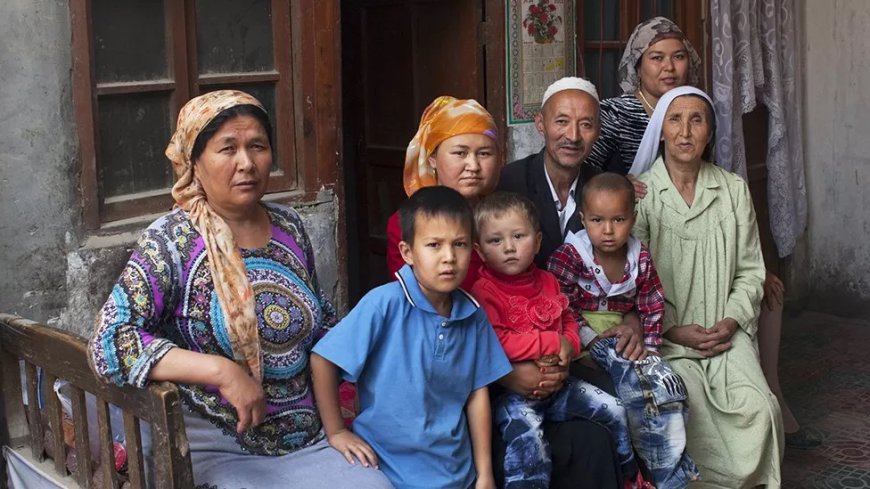Unraveling the Uyghur Crisis: Navigating Allegations of Genocide in China's Xinjiang Region
Explore the intricate landscape of the Uyghur crisis in China's Xinjiang region. This in-depth article delves into the allegations of genocide, shedding light on the historical background, international responses, and China's vehement denial. Uncover the complexities surrounding human rights abuses, surveillance, and the global debate that continues to intensify.

In recent years, the Uyghur crisis in China's Xinjiang region has become a focal point of international concern, with serious allegations of genocide and human rights abuses. This article navigates through the complexities of the issue, shedding light on the historical background, international responses, and China's persistent denial.
Who Are the Uyghurs?
The Uyghurs, a predominantly Muslim ethnic group, face a threat to their cultural identity due to deliberate state-driven efforts to dilute their population with Han Chinese. Allegations include the targeting of Uyghur religious figures, bans on religious practices, and the destruction of religious sites.
Where Is Xinjiang?
China's largest region, Xinjiang, holds strategic importance as a resource-rich area and a vital trade link between Central Asia and Europe. Despite theoretical self-governance powers, both Xinjiang and Tibet are tightly controlled by the central government. Historical tensions date back to Xinjiang's brief declaration of independence in the early 20th century.
Allegations Against China
Numerous countries, including the US, UK, Canada, and the Netherlands, have accused China of genocide and crimes against humanity. Reports of mass sterilizations, separation of children, and erasure of Uyghur cultural traditions form the basis of these accusations. Leaked documents, such as the China Cables, reveal prison-like conditions within re-education camps.
The Build-up to the Crackdown
Tensions between the Uyghurs and Han Chinese have a history dating back to the 1990s, occasionally erupting in violence. In response, China has implemented extensive surveillance in Xinjiang, including police presence, checkpoints, and facial recognition cameras. A mobile app tracks residents' behavior, adding to the scrutiny.
China's Response
China vehemently denies all allegations, framing its crackdown as a necessary measure against terrorism and extremism. The Chinese government dismisses claims of mass sterilizations and forced labor as baseless. The situation remains a deeply concerning and contentious issue on the international stage, demanding careful examination and consideration by the global community.
In conclusion, the Uyghur crisis in Xinjiang is a complex and evolving issue that continues to fuel intense debate and scrutiny globally.







